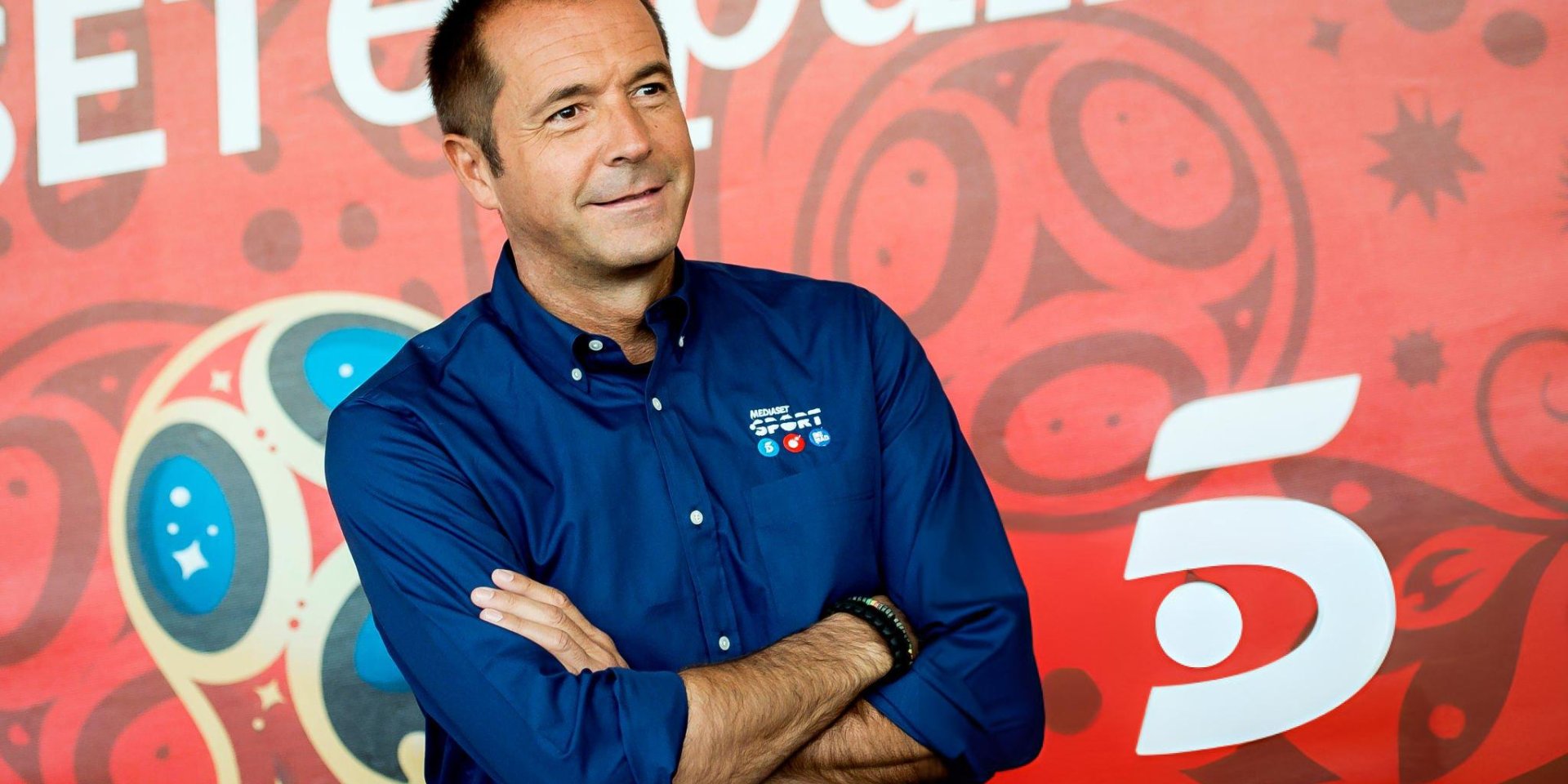
On the air of El Larguero and behind the scenes, I have heard the same refrain more than once: at Barcelona, there is growing concern about Lamine Yamal's everyday habits. This is not a verdict and not an attempt to start a fire where a glass of water would suffice. But when it comes to a 17-year-old winger who has already become the face of a long-term project, the club listens closely to every warning signal—and expects the same rules of the game for everyone.
The Red Line of Everyday Life

— Manu, what's at the heart of the concern?
— The nuances. No one is talking about scandals or a disciplinary rap sheet. It's about details of regimen and daily habits that might pass as a "trifle" for an adult player but, for a teenager under this load, are risk markers. It's about sleep, punctuality, match preparation, and the ability to stay within the framework set by a top club.
— Is this a cause for panic?
— No. It's a reason to be honest with each other. Barça wants Lamine to grow not only as a phenomenon on the flank, but also as a professional who leads others.
Late Before PSG: The Flashpoint Everyone Noticed
— Let's get specific: the story of the meeting before PSG.
— Yes, Lamine was late to the meeting on the day of the Champions League match. In such cases, Hansi Flick—a coach for whom discipline is substance, not form—usually removes the player from the starting lineup. That has happened more than once with other footballers.
— Why was there no punishment this time?
— According to my information, sporting director Deco intervened. He convinced the coach that, in that situation, it was wiser not to deprive the team of a starter. As a result, Lamine started from the first minute, even though the principle—"if you're late, you pay with minutes"—remained on the table. The match ended 1:2, but the point is not the score—it's the precedent.
The Staff and Dressing Room's Reaction: "Rules for Everyone"

— How did Flick take it?
— He didn't like that his decision was challenged. German coaches are highly sensitive to the dilution of internal regulations in the dressing room. If there is a sanction, it must be the same for everyone.
— And the team?
— There was puzzlement inside: why was an exception made for Yamal if, previously, Jules Koundé, Raphinha, and Iñaki Peña really were punished for similar episodes? In an elite environment, equal rules are the currency of trust. Lose it, and you lose more than one half.
Flick's Denial and My Position
— Flick publicly denied the accounts of pressure on his decision.
— That's his right. I respect the head coach's position and take note of it. For my part, I relay what I hear from people who know the daily routine from the inside. I'm not inflaming a conflict: I'm talking about concern, not crisis. But closing our eyes to the discussion inside the structure means pretending the problem doesn't exist.
What Yamal Needs Right Now

— What's the next step for the club and the player?
— Two things. First—mentorship. There must be adults around Lamine who will teach him to live at a top-level rhythm: from sleep and nutrition to media hygiene. Second—predictable rules. No "exceptions for the sake of exceptions." If you're late, you bear the consequences regardless of status, transfer fee, or the hype around you.
— And the sporting side?
— On the pitch, Yamal is a diamond. But diamonds aren't opened with a knife; they are refined with patience and craft. With the right cut, he becomes a footballer around whom eras are built. With the wrong one—just another "talent thwarted by details."
Bottom Line: A Signal That Can't Be Ignored

— So, crisis or a working situation?
— It's a working situation. But it's that early alarm which is better heard today than dealt with tomorrow. Barça doesn't want to break Yamal—it wants to help him grow. For that you need clear boundaries and equal accountability. Then youth stops being an excuse and remains what it should be: a springboard to a big career, not the high-speed trap.
That's the point: speaking about the unpleasant in time is the best way to avoid truly bad news.








